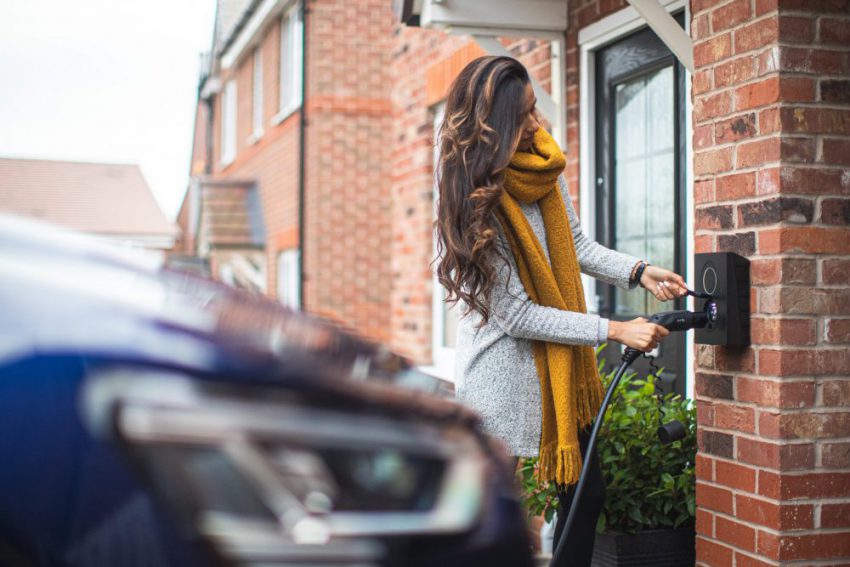
Buying an EV isn’t quite the same as buying a car used to be. There are a few different considerations and tests to check before you sign any dotted line.
As the number of EVs on the roads increases, and running costs rise for non-EVs, you may be tempted to make the switch. We talked to our Technical Support Engineers John Price and Scott Wilson about what you need to know.
The initial research
Always do your research, no matter what vehicle you’re buying.
Think about your driving habits and make sure the EV’s range is suitable for your requirements. If you travel far but need to recharge multiple times on that journey, that EV probably isn’t right for you.
But the research doesn’t end with the vehicle. It’s well worth looking into home charging and local charging facilities in your area. Can you have a charger at home? If not, where can you charge? While the charging infrastructure is getting better, always check that charging will be easy for you before you commit to going electric.
Our experts also recommend buying from a dealer. That way, you have the peace of mind that your vehicle has passed all the major manufacturer-approved checks. This can be especially important for expensive items like HV batteries.
The vehicle add-ons
Before buying, check what type of warranty the vehicle is sold with. How long is it? And what exactly does it cover? This is always worth taking some time to look into.
If you’re thinking of getting a home charger, check if there’s a certain type of charger you’ll need. Not every EV is the same, so check the charging needs of your vehicle, and make sure your facilities (whether at home or on the street) can cover that.
Checks specific for EVs
Usually when you buy a car, you’re certain you’re buying the whole thing. But in some cases, the HV battery is leased rather than bought, so check the buying information to see what you own.
It’s also useful to check the correct tyres are fitted to the vehicle. EVs and HVs usually require stronger tyres due to increased weight, so question standard tyres.
The classic checks
While some things are unique for EVS, the classic checks still matter, especially if you’re buying used.
Always carry out your basic checks – the two big ones are checking for outstanding finance or accident damage. It’s also important to check the MOT history to make sure any advisory items have been repaired.
You can get a comprehensive vehicle history and MOT check with our One Check service.
Buying an EV is a big investment, so make sure you take the time to find your perfect vehicle. And remember to do the extra checks to keep your purchase EV-peasy.
For more tips on buying a new car, read our recent blog here.
Buying an EV is most definitely an investment, so it should go without saying that there is a level of care and planning that goes into this. Thanks for sharing!
EVs arent going to save us so get real. I’m keeping my dirty diesel Freelander – its a lot cheaper mate.